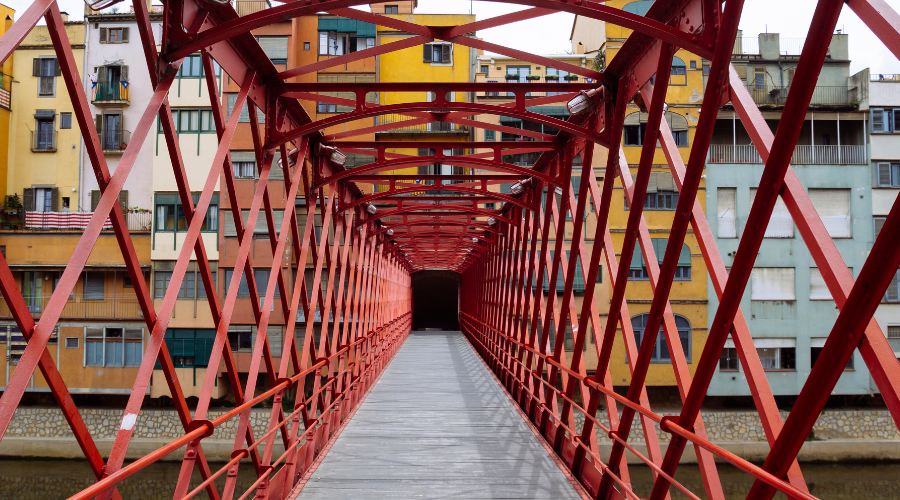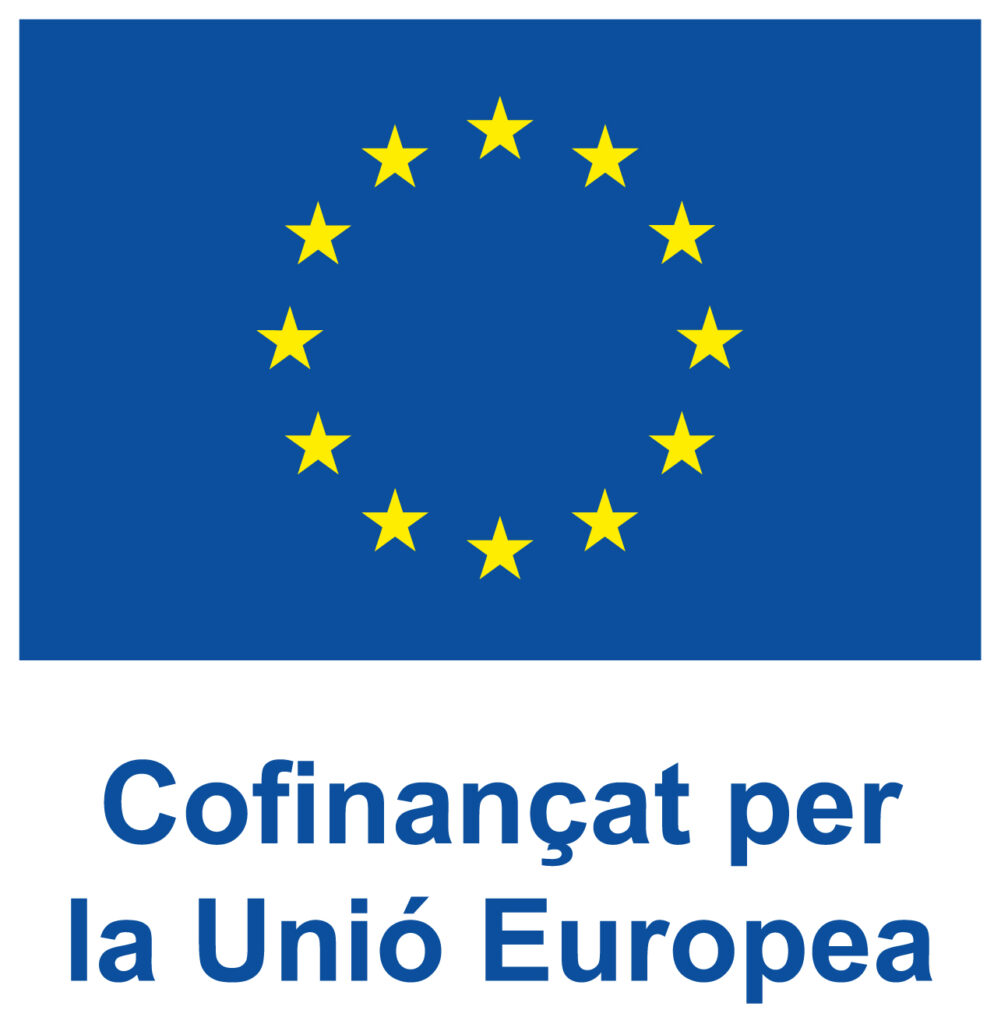If you are a U.S. citizen planning to move to Spain while maintaining your job or business in the U.S., it is important to understand both the legal requirements for living and working in Spain and the tax implications. At MigratioLex, as lawyers specializing in international mobility, we offer you a practical guide on how to obtain the appropriate residence permit and how to comply with U.S. tax regulations while working from Spain.
1. Residence Permit for Digital Nomads in Spain
To reside in Spain and continue managing your business or employment in the US, you’ll need to apply for the appropriate visa. In this case, the Digital Nomad Visa is the most appropriate, as it’s specifically designed for remote workers and entrepreneurs who want to legally establish themselves in the country.
Key requirements for applying for a digital nomad visa:
- Remote hiring or own business activity : You must prove that you work remotely for a company outside of Spain, or that you own a business that operates outside the country.
- Minimum monthly income : You’ll need to prove that you have enough income to support yourself in Spain without relying on the public welfare system. Income requirements may vary, but generally, they must be more than €2,700 per month per applicant.
- Employment contract or proof of your economic activity : If you’re employed, your employer must provide you with a contract that proves your employment and that you work remotely. If you’re self-employed or a business owner, you’ll need to provide documentation that proves your business’s activity, such as tax records, invoicing, or proof of income.
2. How to Comply with U.S. Tax Regulations While Living in Spain
As a US citizen, you will continue to be considered a US tax resident, even if you move to Spain. Therefore, you must comply with US tax obligations, regardless of your status in Spain. Here’s how to handle this situation:
Global Income Tax:
The US has a citizenship-based tax system, which means you must report all your worldwide income, including income earned while working from Spain. This includes income from your business, remote employment, or any other type of global income.
The Foreign Income Exemption (FEIE):
To avoid double taxation, the U.S. offers its citizens the possibility of excluding up to $108,700 of foreign-earned income (for the 2021 tax year) through the Foreign Earned Income Exclusion (FEIE) . This means that if you meet certain residency or physical presence requirements abroad, you may be exempt from paying U.S. taxes on that income.
To qualify for the FEIE, you must meet the following criteria:
- Foreign Tax Residence : Spending at least 330 days during a 12-month period outside the U.S.
- Foreign Residency Test : The IRS also applies a “residency test” that requires you to spend a substantial portion of the year outside the U.S. and not return frequently.
US Income Tax Return:
Even if you qualify for the FEIE, you’ll still need to file a U.S. tax return (Form 1040) and complete Form 2555 to claim the exemption. If your income exceeds the threshold, you may also be required to pay additional taxes. Additionally, if you own a U.S. business or entity, you may need to file additional forms, such as Form 5471 to report ownership of foreign entities.
3. Other Important Legal Aspects of Living in Spain
In addition to visa and tax requirements, there are several legal aspects you should consider when moving to Spain as a digital nomad:
Registration in the Spanish social security system:
One of the key aspects you should consider when moving to Spain and starting to work remotely or as a freelancer is Social Security coverage. Although health insurance may be part of the requirements for residing in Spain, it’s essential to keep in mind that the coverage provided by Social Security is additional and necessary to comply with Spanish regulations.
The situation varies depending on your country of origin and the bilateral social security agreements Spain has with your country. There are two main scenarios:
- If there is a Social Security agreement between Spain and your country of origin : In this case, you can benefit from the bilateral agreement, which will allow you to maintain your rights to coverage in your country’s social security system without having to register with the Spanish system. To do so, you must obtain a Certificate of Coverage issued by the authorities of your country, which will certify that you are already covered by the social security system of your country of origin.
- If there is no Social Security agreement between the two countries : In this case, you must register with the Spanish social security system. If you work for a Spanish company, it will be the company’s responsibility to register you with the General Social Security Regime. If you are self-employed, you must register with the Self-Employed Workers Regime , a specific regime for those who carry out self-employed economic activities in Spain.
Tax residence:
You must declare your tax domicile in Spain and comply with local tax obligations. Spain has a tax residency system that is activated if you spend more than 183 days a year in the country. If you become a Spanish tax resident, you will also need to declare your global income in Spain, although income earned in the US may be subject to double taxation exemption .
Compliance with labor regulations in the U.S.:
If you’re an employer operating a business in the U.S., you’ll need to comply with the country’s labor regulations while operating your business from Spain. This includes paying employment taxes, Social Security contributions, and filing appropriate forms like the W-2 .
4. Do you need help with your visa and tax regulations?
Managing your residency permit and complying with US tax regulations while working from Spain can be complicated, but with the right guidance, it’s entirely possible. At MigratioLex , we offer comprehensive legal advice to ensure you comply with all regulations in both Spain and the US. From obtaining a digital nomad visa to properly filing taxes in both countries, our team of immigration attorneys can guide you through the entire process.
If you’d like more information or need help starting your process, don’t hesitate to contact us for a personalized consultation. We’re here to help you manage your move to Spain legally and efficiently!








